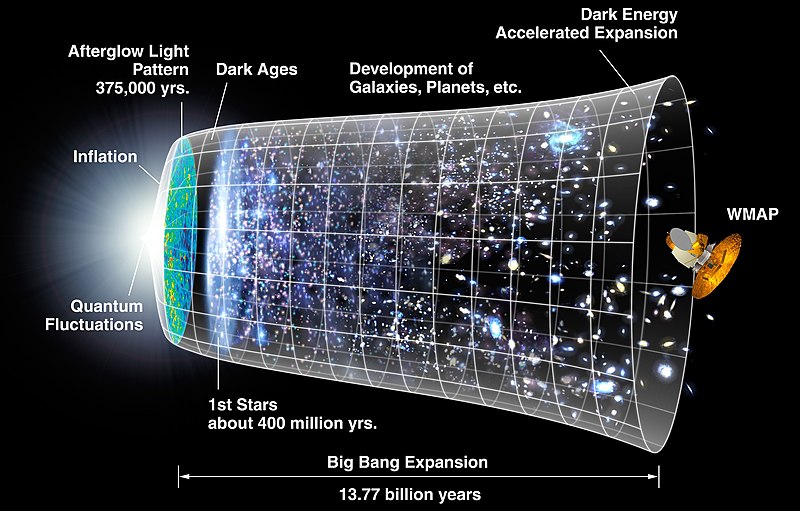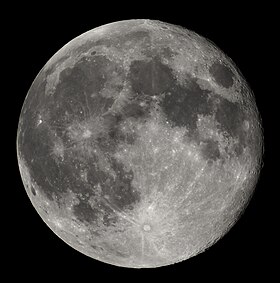
| Please respond by 12:01 a.m. on Friday, 21 January 2011 (GMT)
|
P. Z. Myers is one of the 25 most influential living atheists. He is also on record as saying that he doesn’t believe that newborn babies are fully human, and he makes it clear that he doesn’t regard them as persons, either. Almost no-one noticed when P. Z. Myers made these utterances, because they were made in a comment on one of his recent posts. (See here for P.Z. Myers’ post, here for one reader’s comment and here for P. Z. Myers’ reply, in which he makes his own views plain.) So, what exactly did P. Z. say? In response to a reader who claimed that there is one very easily defined line between personhood and non-personhood – namely, birth – P. Z. Myers replied:
Nope, birth is also arbitrary, and it has not been even a cultural universal that newborns are regarded as fully human.
I’ve had a few. They weren’t.
Let me state at the outset that I have no doubt that P. Z. Myers is a good father; but that is not the issue here. His views on newborn babies are the issue.
For the benefit of readers, here is a list of the 25 most influential living atheists:
Richard Dawkins, Sam Harris, Christopher Hitchens, Daniel Dennett, Stephen Hawking, Steven Pinker, Michael Shermer, Peter Singer, Steven Weinberg, Paul Kurtz, Lawrence Krauss, Edward O. Wilson, P. Z. Myers, James Randi, Jennifer Michael Hecht, Peter Atkins, John Brockman, Philip Pullman, Barbara Forrest, David Sloan Wilson, Ray Kurzweil, William B. (“Will”) Provine, Kai Nielsen, Susan Blackmore and Richard Carrier.
The purpose of my post today is to ask each of the 25 most influential living atheists five simple questions:
(a) Do you believe that a newborn baby is fully human? Yes/No (please see Question 1 below if you find it difficult to give a clear answer to this question).
(b) Do you believe that a newborn baby is a person? Yes/No (please see Questions 1 and 2 below if you find it difficult to give a clear answer to this question).
(c) Do you believe that a newborn baby has a right to life? Yes/No (please see Questions 1 and 3 below if you find it difficult to give a clear answer to this question).
(d) Do you believe that every human person has a duty towards newborn babies, to refrain from killing them? Yes/No (please see Questions 1, 4, 5 and 6 below if you find it difficult to give a clear answer to this question).
(e) Do you believe that killing a newborn baby is just as wrong as killing an adult? Yes/No (please see Questions 1 and 7 below if you find it difficult to give a clear answer to this question).
I’m asking these questions, because I think the world has a right to know how the 25 most influential living atheists view newborn babies. The moral status of newborn babies is an ethical issue of vital importance, and I’d like to know what the world’s leading atheists think about this subject. Because I’m a generous person, I’m giving them four days to answer my five simple questions. The countdown ends at 12:01 a.m. (one minute past midnight) on Friday, 21 January, 2011, Greenwich Mean Time (UTC). I think that’s quite enough time for the word to get around, and for people to respond.
And in case some of these atheists object that they’re too busy to respond, let me state that I will happily accept, in good faith, responses written on their behalf by friends, acquaintances, personal assistants or people who have read their books and can quote relevant passages, complete with publication details and page numbers. If someone responding on behalf of an influential atheist wishes to preserve his/her anonymity, he/she is free to use a pseudonym. Please note, however, that I will not be imputing views to influential atheists on the basis of anonymous responses. That would be irresponsible.
To respond to my five questions, all you need to do is write a brief comment at the end of this post – for example:
(a) Yes. (b) No. (c) No. (d) No. (e) No.
Note: If you are replying on behalf of an influential atheist, please list his/her name, your name (if you are willing to give it) and your connection with the atheist in question.
Here are my answers to some questions which I anticipate that people will ask about my quiz: Read More ›


